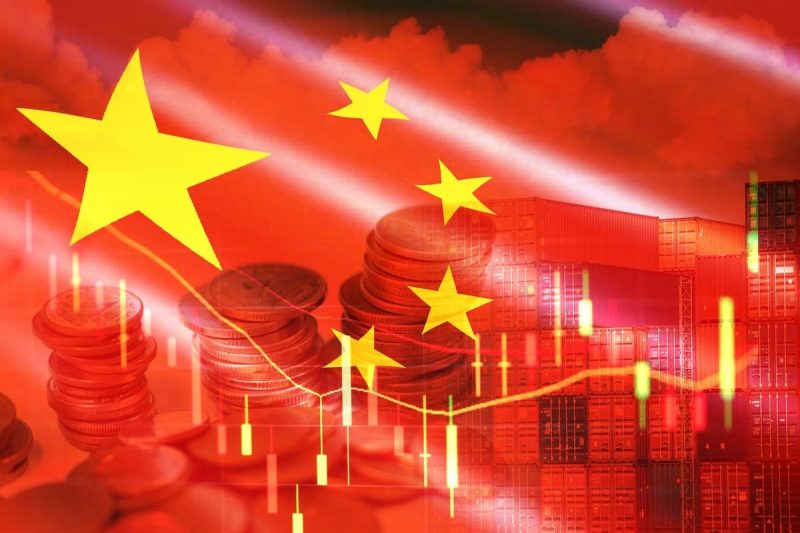China Restricts Key Critical Minerals Exports in Response to US Chip Controls
In a move with significant implications for global trade and technological competition, China recently announced restrictions on the exports of key critical minerals. This decision is widely seen as a response to the United States imposing controls on semiconductor technology exports to China. The escalating tension between the two economic giants has raised concerns about supply chain disruptions and potential impacts on various industries that rely on these critical minerals.
The critical minerals affected by China’s export restrictions play a vital role in the production of a wide range of modern technologies, including electric vehicles, renewable energy systems, and advanced electronics. With China being a major supplier of these minerals to global markets, its decision to restrict exports could have far-reaching consequences for industries around the world.
One of the key minerals affected by China’s export restrictions is rare earth elements, a group of 17 elements that are essential components in many high-tech applications. China is the dominant producer of rare earth elements, accounting for a significant portion of global supply. By restricting exports of these critical minerals, China aims to assert control over a key resource that is crucial for the production of advanced technologies.
The restrictions imposed by China on key critical minerals have raised concerns among importing countries, particularly those heavily reliant on Chinese supply. Many governments and industries are now reevaluating their supply chain strategies to reduce their dependence on China and secure alternative sources of critical minerals. This shift could lead to a realignment of global trade patterns and the emergence of new supply chain partnerships.
In response to China’s export restrictions, some countries are exploring domestic production of critical minerals to reduce their vulnerability to supply chain disruptions. Investing in domestic mining and processing capabilities could help these countries enhance their strategic autonomy and mitigate the risks associated with relying on a single major supplier.
The geopolitical implications of China’s export restrictions on key critical minerals are significant, as they underscore the growing importance of resources in the global competition for technological dominance. As countries navigate the intricate web of international trade and supply chains, they will need to carefully consider how to secure access to critical minerals while addressing concerns about resource nationalism and geopolitical tensions.
In conclusion, China’s decision to restrict exports of key critical minerals reflects the escalating competition between major economies over strategic resources. This move has prompted a reevaluation of global supply chains and highlighted the importance of diversifying sources of critical minerals to ensure the stability and resilience of key industries. As countries navigate this complex landscape of resource competition and supply chain vulnerabilities, strategic planning and collaboration will be essential to safeguarding the future of technology-driven economies.






























